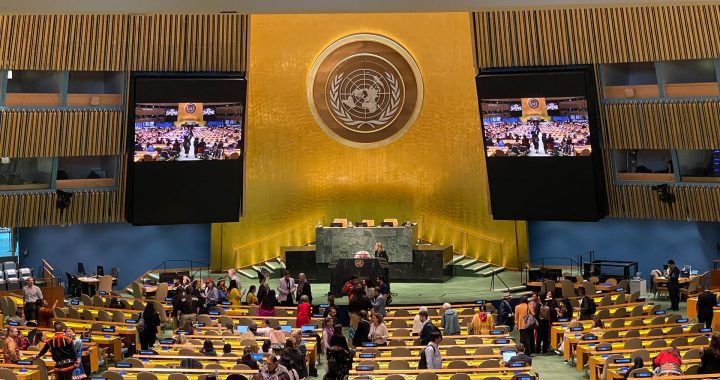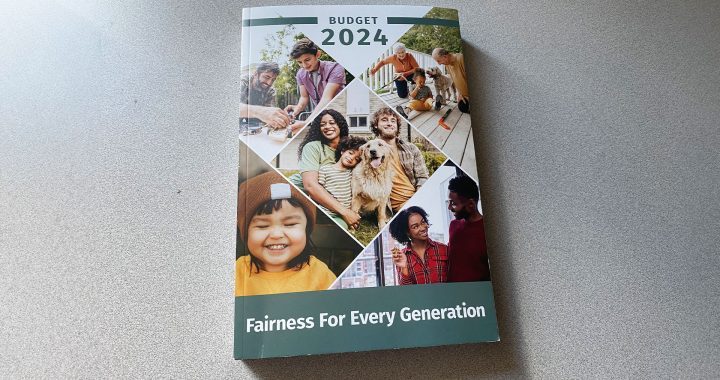APTN National News
Metis and non-status Indians are in fact “Indians” under the Constitution Act a federal court ruled Tuesday.
Which means they are the responsibility of the government.
It took years to get to this point, but the Congress of Aboriginal Peoples is calling the ruling a victory.
But at the same time national chief of CAP Betty Ann Lavellee said it should not have taken this long.
“The federal government has spent 14 years blocking, trying to have the case thrown out,” said Lavellee. “That’s money that actually could have been put towards addressing some of the key issues.”
The ruling means Metis can negotiate treaties and issues such as education, health and tax exemptions.
“The evidence concerning non-status Indians establishes that such persons were considered within the broad class of ‘Indians,'” said Justice Michael Phelan in his decision. “The situation regarding Metis was more complex.”
However, the court didn’t order the government to begin negotiations. So when, and if, that happens remains in question.
“Given the declaration of right in respect of s 91(24), one would expect that the federal government would act in accordance with whatever duty arises in respect of any specific matter touching on the non-clarified fiduciary relationship,” he said.
There are over 600,000 Metis and non-status Indians in Canada. In 1999, CAP and several other Metis and non-status Indian groups took the federal government to court for discriminating by refusing to give them status under the Constitution Act.
They asked the court to rule it didn’t have jurisdiction to hear the case, however the Phelan ruled the argument before the court was valid.
“It is no answer for the defendants to say that a case such as this cannot be brought because there is no federal legislation against which to assert an action,” he said. “There is no such legislation because the federal government denies jurisdiction over Metis and non-status Indians.”
The legal battle looked at over 800 exhibits, extracted from 15,000 federal documents, beginning from first contact.
“The canvas over which the parties have painted the answer encompasses Canadian history virtually from the time of Champlain in Passamaquoddy Bay in 1603 to the present day,” he said.
As well, millions of public funds were spent.
The court heard the decision over whether to grant Metis status was a “political football” being passed around. The provinces said it was the federal government’s responsibility but the feds also fought that.
Minister John Duncan’s office simply said that the decision is under review.
“We are reviewing the court’s decision to determine the next steps,” said a spokesperson, adding as the Federal Court stated, this decision is not about “the interpretation or application of particular rights either under the Constitution or under specific agreements, nor is it about Aboriginal rights.”
The decision could cost the federal government billions of dollars if future courts side with Metis and non-status Indians.









